Why you should never feel guilty about “wasting time”.
In high school I wanted to be a rockstar.
In the pursuit of that goal, I eventually managed to drop out of college, become more or less unemployable,1 ruin most of my relationships, and — most notably — utterly fail to become a rockstar.
“Yeah, hi, can I work here for two weeks, then have three weeks off, then work here for, like, two more weeks before I leave again?”
It might be tempting to consider 2004–2007 “wasted time”.
After all, I set out with a goal to make a living as a musician. And despite hundreds of days touring the country, living in a van, and making ramen in styrofoam cups,2 after a few years the band broke up — and I was nowhere near a professional musician.
I learned that gas stations won’t charge for cups full of hot water while living off about $60/month (earned by working for a week or so in a minimum wage job that I knew wouldn’t call my references) and the charity of others.
We couldn’t afford hotel rooms, so we begged from the stage for living room floor space to sleep on. If that failed we’d sleep in Walmart parking lots or on sticky venue floors.
We ate so much gas station ramen.
And yet, I would never call that time wasted. In fact, those “wasted” years were a critically important step in my early journey toward building a successful career.
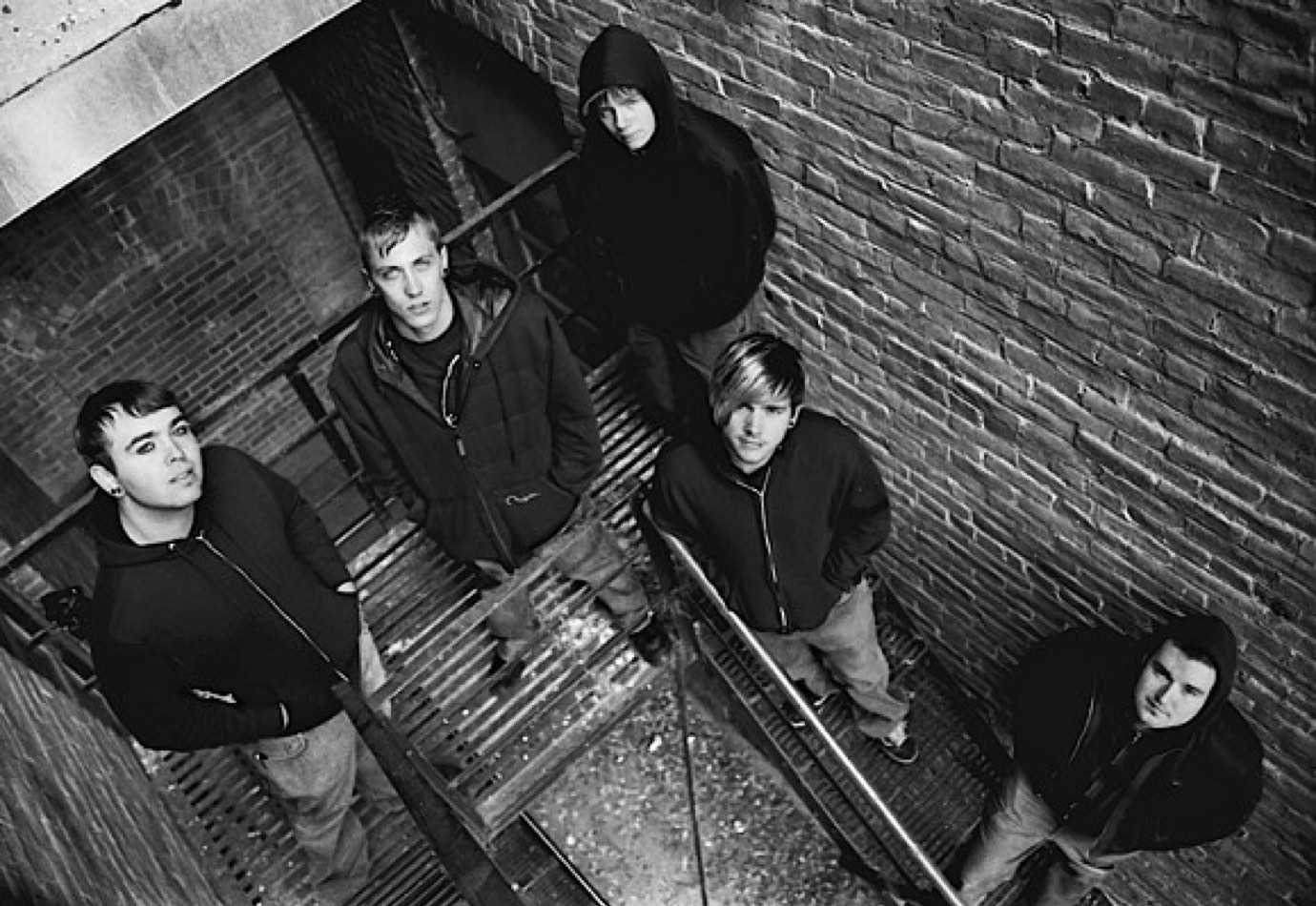
What Did You Learn?
Trying to make it as a musician threw me into the deep end of several new skill sets.
I wasn’t just a musician; I was a promoter, a manager, a designer, an accountant, and a dozen other jobs we couldn’t afford to pay someone else to do for us. We needed shows booked, and t-shirts made, and payments negotiated (and collected). Equipment needed repairs and replacement. Concert posters needed to be designed and printed and mailed to people — and those people needed to be convinced to hang them up around town.
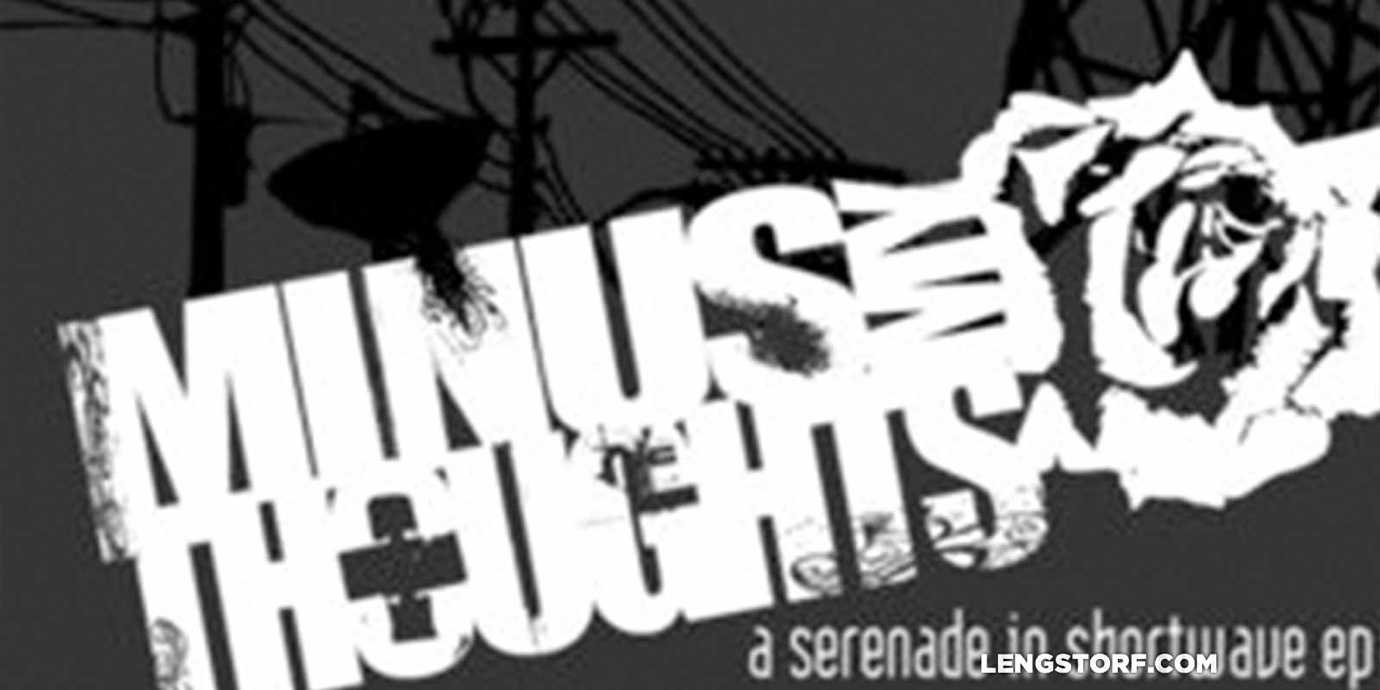
Even though I was failing to make it big as a musician, I was gaining a lot of valuable information: I liked the business part of the experience; I really enjoyed designing posters and building websites; I wasn’t terrible at promotion and sales.
I also learned to rely on myself; each day on the road was sink or swim. And despite the frustration and near-hopelessness of it, I found that I deeply enjoyed the attempt at taking an unknown, generally unimpressive entity (my emo band) and trying to get people to support us with downloads and dollars.
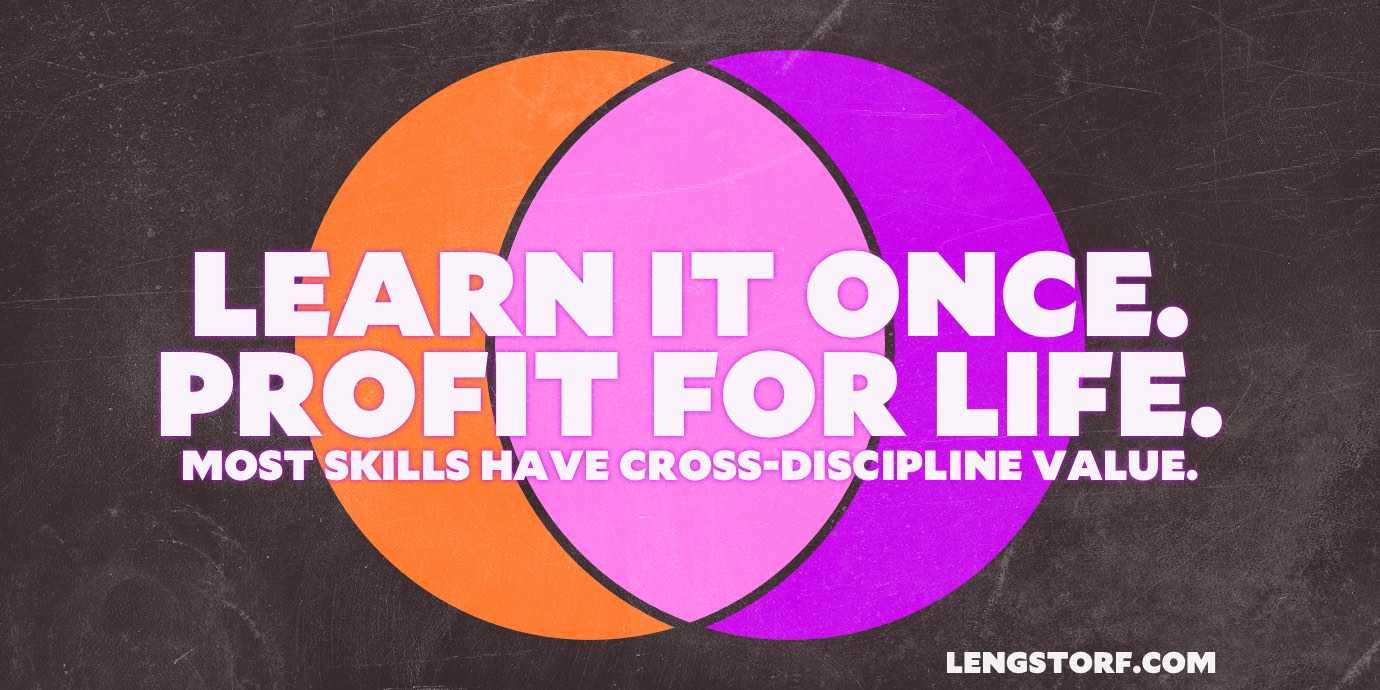
The Skills We Learn Cross Over to Other Areas
Every single skill I learned during my rockstar days has proven useful in other areas of my life.
Convincing someone to buy an album or a t-shirt is awfully similar to selling web design or consulting services.
Collecting payment from a broke promoter when my options were A) I get $100 for gas money, or B) I live in Tucson now — that was a stellar crash-course on chasing down overdue invoices.
Learning to customize my band’s MySpace page started me down the path toward what I do for a living today.3
MySpace was the Facebook of yore, for all you youngins.
In light of that, it’s hard to call my musical pipe dreams “wasted time”. Instead, that so-called “wasted” time was more of a roundabout discovery process, during which I learned about things I liked and/or was good at (e.g. business, design, travel, challenging environments), and things I didn’t like so much and/or was terrible at (e.g. singing and playing an instrument, living in a van, wearing eyeliner).
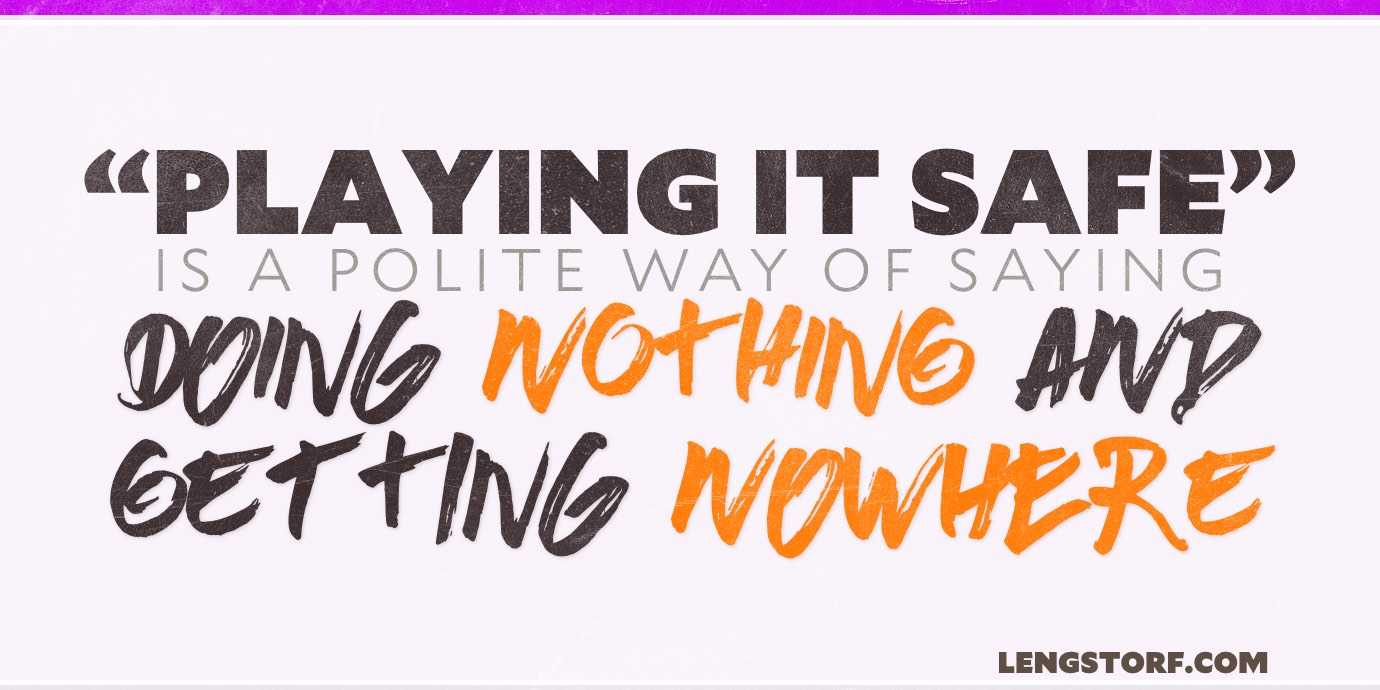
If You’re Learning, No Time Is Wasted
From all this, I’ve realized that looking at anything ambitious as “wasted time” is a serious error.
Life is a process of discovery. We start with a tiny spark of consciousness and absolutely no fucking idea what is going on elsewhere. Over years of experience, we chip away at the mysteries of life, learning what things make us happy, what things make us sad; what things we care about, and what things don’t matter.
Every new project — foolish, doomed, or otherwise — furthers that discovery process. Every time we follow through4 on a new venture, we can add to the pro/con lists that inform our decision-making processes, and our lives become a little (or a lot) better for the experience.
Remember Minesweeper?
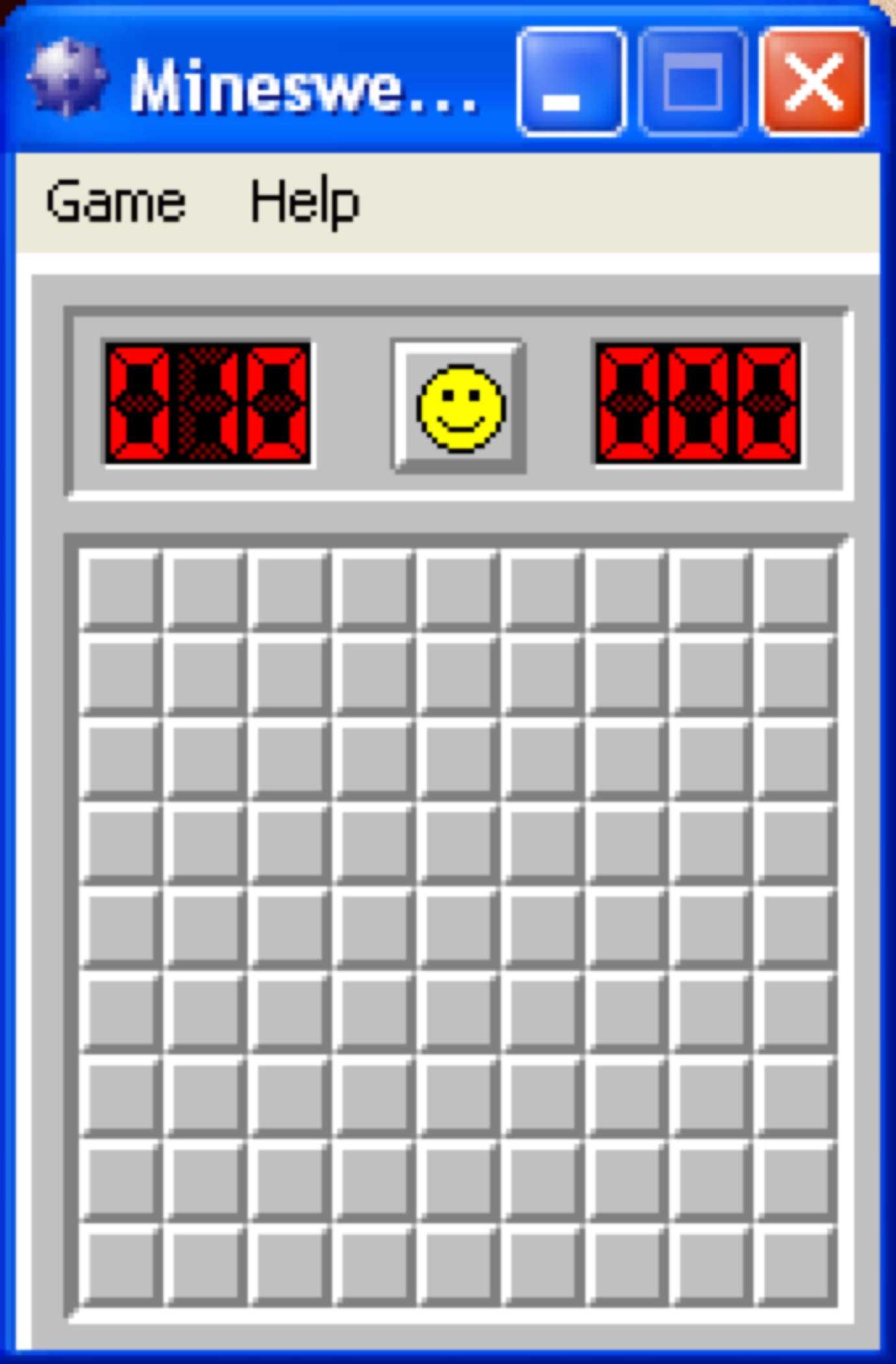
When I was in high school and trying to avoid homework, I used to play a lot of Minesweeper.
The game starts with a blank board: we have zero information; our world is 100% mystery and chance.
But then we try something: we click a square. We get new information.
Sometimes it’s not much. We reveal a 5 and learn very little other than, “Don’t click near that square.”
Other times it feels like half the board is revealed, and suddenly we have tons of new information and ideas about where to go.
Life is a lot like Minesweeper…
Every single action we take in our lives gives us more information about what we do and don’t want — what we do and don’t enjoy. Each decision and action clears a square in a life-spanning game of Minesweeper.
Often we try dumb shit, like sticking our fingers into electrical sockets. Aside from learning not to do that again, we don’t get too much insight into our own version of happiness.
Every once in a while we do something new and the whole board seems to open up. That was me and booking my first tour as a musician. That was Marisa and leaving a comfortable corporate job to go freelance.
Most of the time, though, we clear a few squares and at get a little more clarity about what we want to try next. We try out a new skill or hobby. We take on a new responsibility. We try food we’ve never tasted before.5 And with each of those squares cleared, we learn more about what will make us happy going forward.
You didn’t think I’d make it through a whole post without talking about food, did you?
…but mistakes don’t end the game.
Where the Minesweeper analogy breaks down is with the mines. When we hit a mine — when we screw up; when we fail; when we do something stupid and humiliate ourselves; when we try something and hate it — it’s not game over. We don’t have to start all over with a blank board.
Instead, we get to keep everything we’ve learned, dust ourselves off, and pick another square.
Game On
We only get one life. One shot. One round of Minesweeper.
While we can’t hope to clear the board entirely, we can make an effort to always be learning. To always be curious. To keep choosing squares and using that information to make better decisions. And — most importantly — to see setbacks not as Game Over, but as one more piece of information to help us make better decisions moving forward.
If we worry about wasting time — if we freeze up and wait for the perfect moment, idea, or opportunity to come along — we’re leaving the board blank. We’re not learning. We’re not gathering more information to help us steer toward happiness — and away from the stuff we don’t like.
As far as I’m concerned, the only way to really waste time is to leave the board blank.
What to do next.
As adults, we’re supposed to build careers, build relationships, build futures, build happiness… It’s all pretty overwhelming. It’s easy to feel stuck — like we’re on autopilot, punching a clock, and buried in tasks we don’t really care about.
Wouldn’t it be nice to get some balance back? To have extra time every day to dedicate to the things that actually matter to you?
I want to help: I’ve compiled 5 Habits of the Unfuckwithably Productive, and I want to give it to you for free. These are time-tested habits that helped me break the cycle of overwork and exhaustion; this is how I spend less than 40 hours a week on the computer — while making a living and traveling the world.